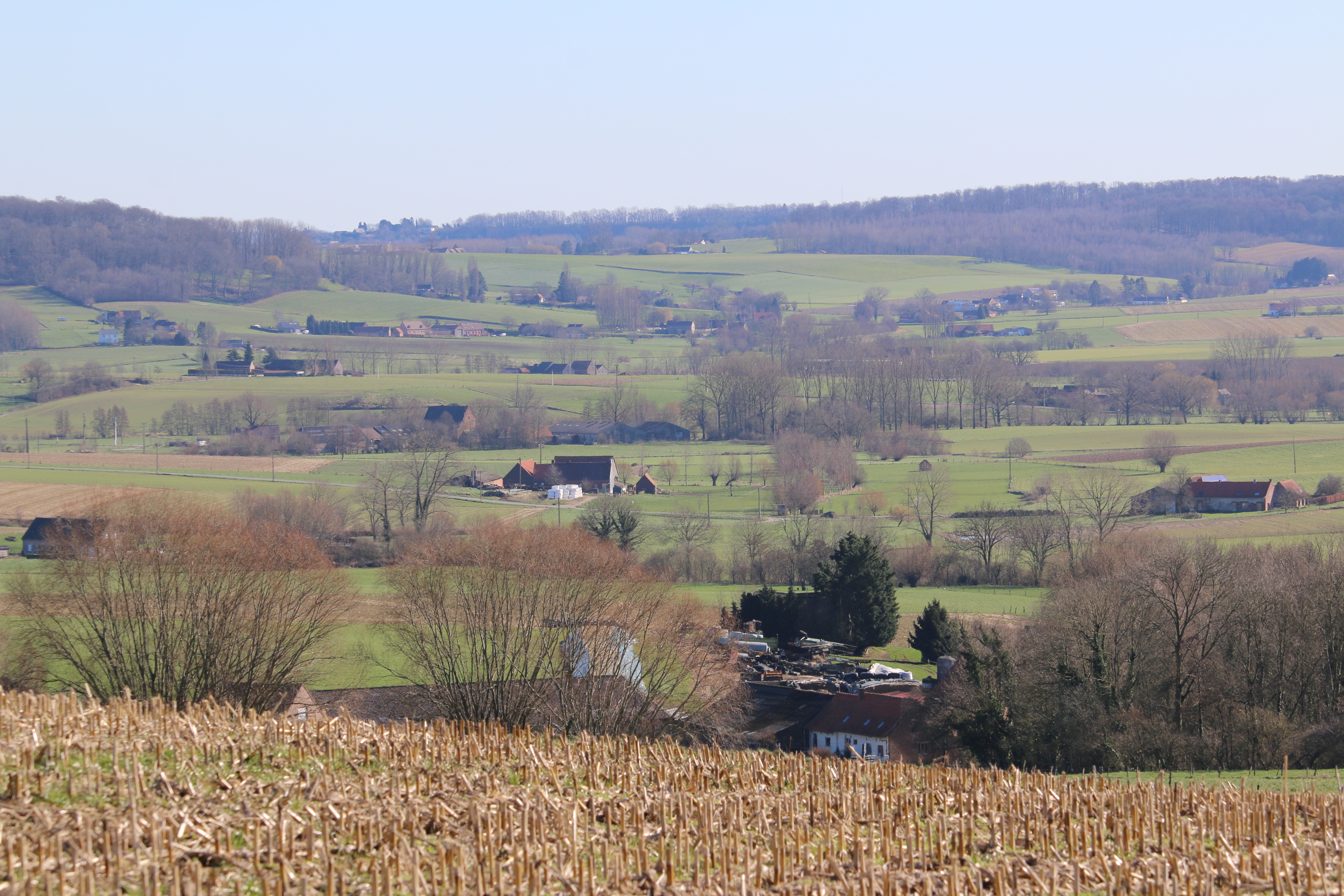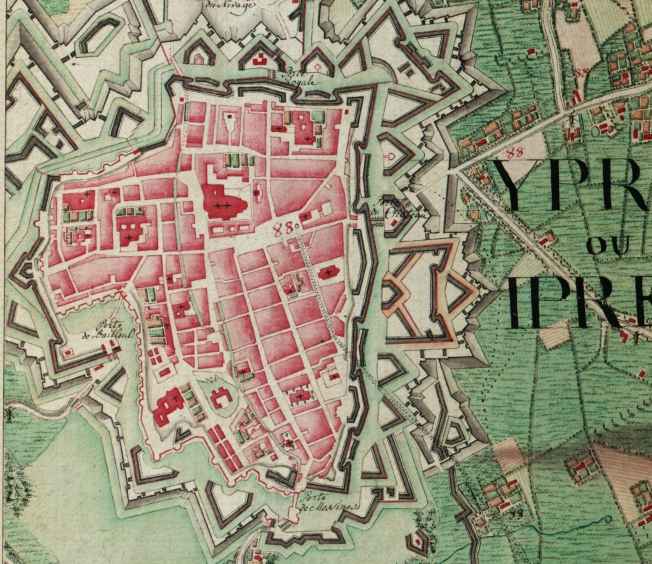|
Le Gheer
Gheer is a hamlet of Wallonia in the municipality of Comines-Warneton, district of Warneton, located in the province of Hainaut, Belgium. The hamlet is situated on the Warneton - Ploegsteert road, approximately 15 km south of Ypres . The hamlet was completely destroyed in the First World War World War I (28 July 1914 11 November 1918), often abbreviated as WWI, was one of the deadliest global conflicts in history. Belligerents included much of Europe, the Russian Empire, the United States, and the Ottoman Empire, with fightin .... External links Le Gheer weather internet site [...More Info...] [...Related Items...] OR: [Wikipedia] [Google] [Baidu] |
Wallonia
Wallonia (; french: Wallonie ), or ; nl, Wallonië ; wa, Waloneye or officially the Walloon Region (french: link=no, Région wallonne),; nl, link=no, Waals gewest; wa, link=no, Redjon walone is one of the three regions of Belgium—along with Flanders and Brussels. Covering the southern portion of the country, Wallonia is primarily French-speaking. It accounts for 55% of Belgium's territory, but only a third of its population. The Walloon Region and the French Community of Belgium, which is the political entity responsible for matters related mainly to culture and education, are independent concepts, because the French Community of Belgium encompasses both Wallonia and the bilingual Brussels-Capital Region. There is a German-speaking minority in eastern Wallonia, resulting from the annexation of three cantons previously part of the German Empire at the conclusion of World War I. This community represents less than 1% of the Belgian population. It forms the German-speak ... [...More Info...] [...Related Items...] OR: [Wikipedia] [Google] [Baidu] |
Comines-Warneton
Comines-Warneton (; nl, Komen-Waasten, ; pcd, Comène-Warneuton; vls, Koomn-Woastn; wa, Cômene-Varneton) is a city and municipality of Wallonia located in the province of Hainaut, Belgium. On January 1, 2006, it had a total population of 17,562. Its total area is which gives a population density of . The name "Comines" is believed to have a Celtic, or Gaulish, origin. Comines-Warneton is a municipality with language facilities for Dutch-speakers. The municipality consists of the following districts: Bas-Warneton, Comines, Houthem, Ploegsteert, and Warneton (including the hamlet of Gheer). They were all transferred in 1963 from the arrondissement of Ypres in the Dutch-speaking province of West Flanders to the newly created arrondissement of Mouscron in French-speaking Hainaut. The five municipalities (Comines, Houthem, Ploegsteert, Bas-Warneton, Warneton) were merged into a single Comines-Warneton municipality in 1977. Since then, the municipality forms an exclave of bo ... [...More Info...] [...Related Items...] OR: [Wikipedia] [Google] [Baidu] |
Warneton, Belgium
Warneton ( nl, Waasten; pcd, Varnetån/Warneuton) is a village of Wallonia and a district of the municipality of Comines-Warneton, located in the province of Hainaut, Belgium. It was a municipality of its own until the 1977 merger of Belgian municipalities. It is immediately to the north of the French commune of Warneton, across the river Lys or Leie. The hamlet of Gheer is on its territory. Etymology * 1007 ''Uuarnasthun'' * 1065 ''Uuarnestun'' * 1104 ''Guarnestun'' * 1168 ''Warnestun'' Farm (Saxon ''thun'', Germanic ''*tûna'', "enclosure") of Warin, a Saxon and Frankish anthroponym (Saxon settlement set up in the Merovingian era). History Cut away from Ploegsteert in 1850, it was transferred from the province of West Flanders to the province of Hainaut, in 1963. Since that date its minority Dutch-speaking inhabitants have benefitted from language facilities There are 27 municipalities with language facilities ( nl, faciliteitengemeenten; french: communes à faci ... [...More Info...] [...Related Items...] OR: [Wikipedia] [Google] [Baidu] |
Hainaut Province
Hainaut (, also , , ; nl, Henegouwen ; wa, Hinnot; pcd, Hénau), historically also known as Heynowes in English, is a province of Wallonia and Belgium. To its south lies the French department of Nord, while within Belgium it borders (clockwise from the North) on the Flemish provinces of West Flanders, East Flanders, Flemish Brabant and the Walloon provinces of Walloon Brabant and Namur. Its capital is Mons (Dutch ''Bergen'') and the most populous city is Charleroi, the province's urban, economic and cultural hub, the financial capital of Hainaut and the fifth largest city in the country by population. Hainaut has an area of and as of January 2019 a population of 1,344,241. Another remarkable city is Tournai (Dutch ''Doornik'') on the Scheldt river, one of the oldest cities of Belgium and the first capital of the Frankish Empire. Hainaut province exists of a wavy landscape, except for the very southern part, the so-called ''Boot of Hainaut'', which is quite hilly and bel ... [...More Info...] [...Related Items...] OR: [Wikipedia] [Google] [Baidu] |
Belgium
Belgium, ; french: Belgique ; german: Belgien officially the Kingdom of Belgium, is a country in Northwestern Europe. The country is bordered by the Netherlands to the north, Germany to the east, Luxembourg to the southeast, France to the southwest, and the North Sea to the northwest. It covers an area of and has a population of more than 11.5 million, making it the 22nd most densely populated country in the world and the 6th most densely populated country in Europe, with a density of . Belgium is part of an area known as the Low Countries, historically a somewhat larger region than the Benelux group of states, as it also included parts of northern France. The capital and largest city is Brussels; other major cities are Antwerp, Ghent, Charleroi, Liège, Bruges, Namur, and Leuven. Belgium is a sovereign state and a federal constitutional monarchy with a parliamentary system. Its institutional organization is complex and is structured on both regional ... [...More Info...] [...Related Items...] OR: [Wikipedia] [Google] [Baidu] |
Ploegsteert
Ploegsteert ( pcd, Ploster) is a village of Wallonia and a district of the municipality of Comines-Warneton, located in the province of Hainaut, Belgium. It is the most westerly settlement of Wallonia. It is approximately north of the French border. Created in 1850 on part of the territory of Warneton, it includes the hamlet of Le Bizet, which is the border with France (there is also a hamlet named "Le Bizet" in France). It is largely francophone, with facilities for Dutch speakers. In late 1914 and early 1915, the nearby Ploegsteert Wood was the site of fierce WWI fighting. Today there are numerous cemeteries and memorials, including the Hyde Park Corner (Royal Berks) CWGC Cemetery and the Berks CWGC Cemetery Extension with the Ploegsteert Memorial to the Missing, which commemorates more than 11,000 British and Empire servicemen who died outside the Ypres Salient and have no known grave. From January to May 1916, Winston Churchill served in the area as Commanding Officer (Lie ... [...More Info...] [...Related Items...] OR: [Wikipedia] [Google] [Baidu] |
Ypres
Ypres ( , ; nl, Ieper ; vls, Yper; german: Ypern ) is a Belgian city and municipality in the province of West Flanders. Though the Dutch name is the official one, the city's French name is most commonly used in English. The municipality comprises the city of Ypres/Ieper and the villages of Boezinge, Brielen, Dikkebus, Elverdinge, Hollebeke, Sint-Jan, Vlamertinge, Voormezele, Zillebeke, and Zuidschote. Together, they are home to about 34,900 inhabitants. During the First World War, Ypres (or "Wipers" as it was commonly known by the British troops) was the centre of the Battles of Ypres between German and Allied forces. History Origins before First World War Ypres is an ancient town, known to have been raided by the Romans in the first century BC. It is first mentioned by name in 1066 and is probably named after the river Ieperlee on the banks of which it was founded. During the Middle Ages, Ypres was a prosperous Flemish city with a population of 40,000 in 1200 AD, renow ... [...More Info...] [...Related Items...] OR: [Wikipedia] [Google] [Baidu] |
World War I
World War I (28 July 1914 11 November 1918), often abbreviated as WWI, was one of the deadliest global conflicts in history. Belligerents included much of Europe, the Russian Empire, the United States, and the Ottoman Empire, with fighting occurring throughout Europe, the Middle East, Africa, the Pacific, and parts of Asia. An estimated 9 million soldiers were killed in combat, plus another 23 million wounded, while 5 million civilians died as a result of military action, hunger, and disease. Millions more died in genocides within the Ottoman Empire and in the 1918 influenza pandemic, which was exacerbated by the movement of combatants during the war. Prior to 1914, the European great powers were divided between the Triple Entente (comprising France, Russia, and Britain) and the Triple Alliance (containing Germany, Austria-Hungary, and Italy). Tensions in the Balkans came to a head on 28 June 1914, following the assassination of Archduke Franz Ferdin ... [...More Info...] [...Related Items...] OR: [Wikipedia] [Google] [Baidu] |
Populated Places In Hainaut (province)
Population typically refers to the number of people in a single area, whether it be a city or town, region, country, continent, or the world. Governments typically quantify the size of the resident population within their jurisdiction using a census, a process of collecting, analysing, compiling, and publishing data regarding a population. Perspectives of various disciplines Social sciences In sociology and population geography, population refers to a group of human beings with some predefined criterion in common, such as location, Race (human categorization), race, ethnicity, nationality, or religion. Demography is a social science which entails the statistical study of populations. Ecology In ecology, a population is a group of organisms of the same species who inhabit the same particular geographical area and are capable of Sexual reproduction, interbreeding. The area of a sexual population is the area where interbreeding, inter-breeding is possible between any pai ... [...More Info...] [...Related Items...] OR: [Wikipedia] [Google] [Baidu] |


